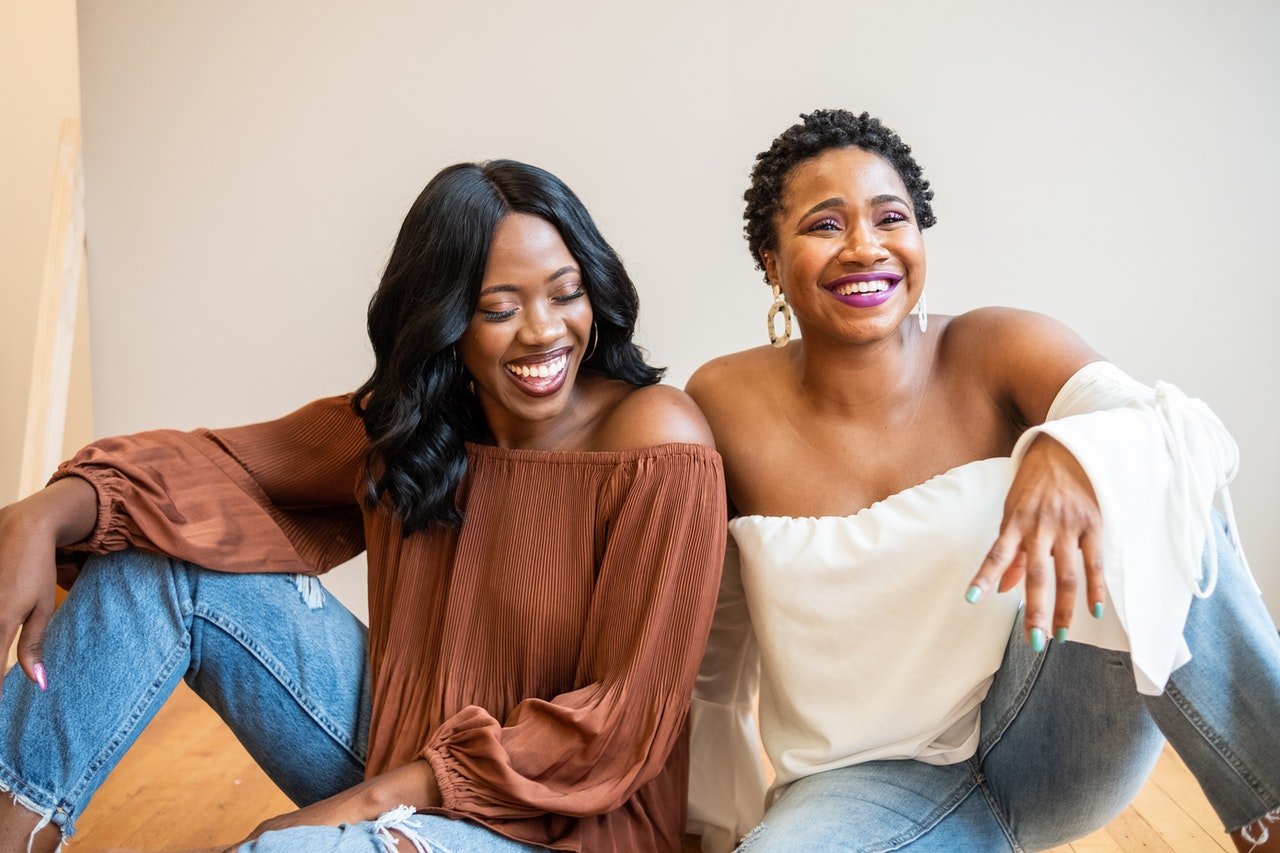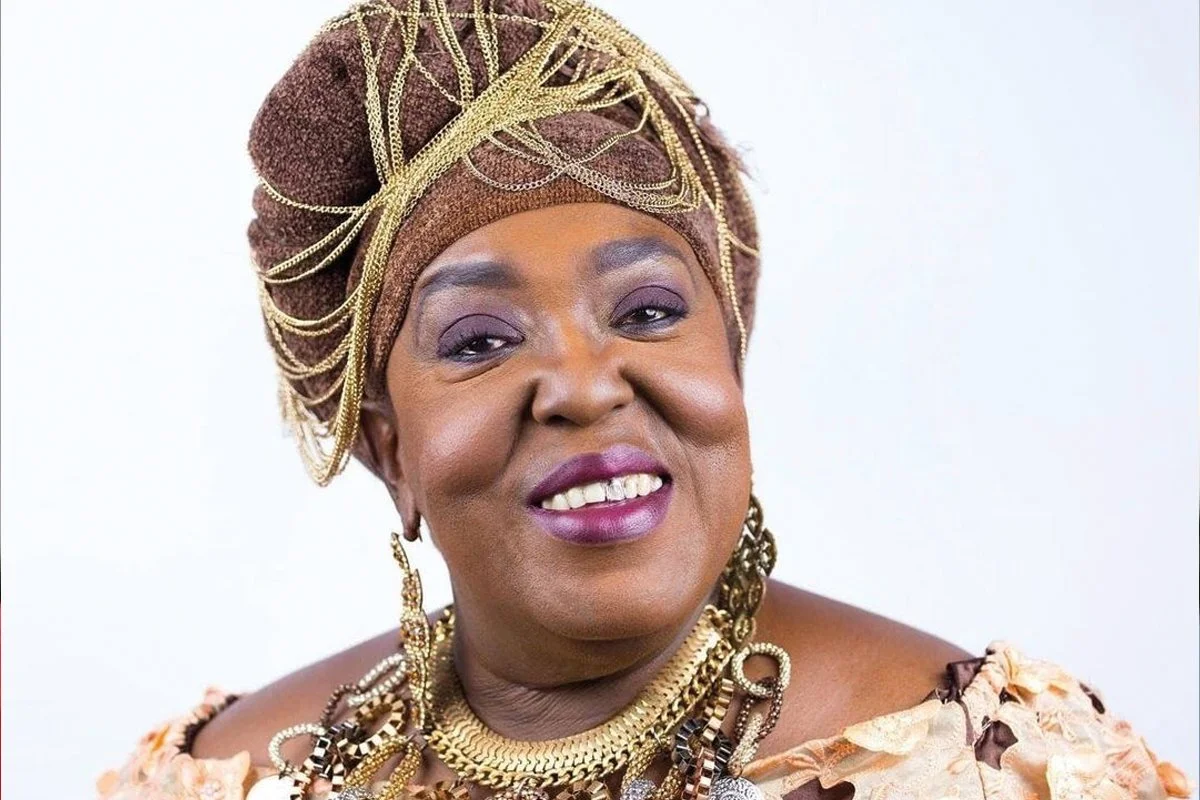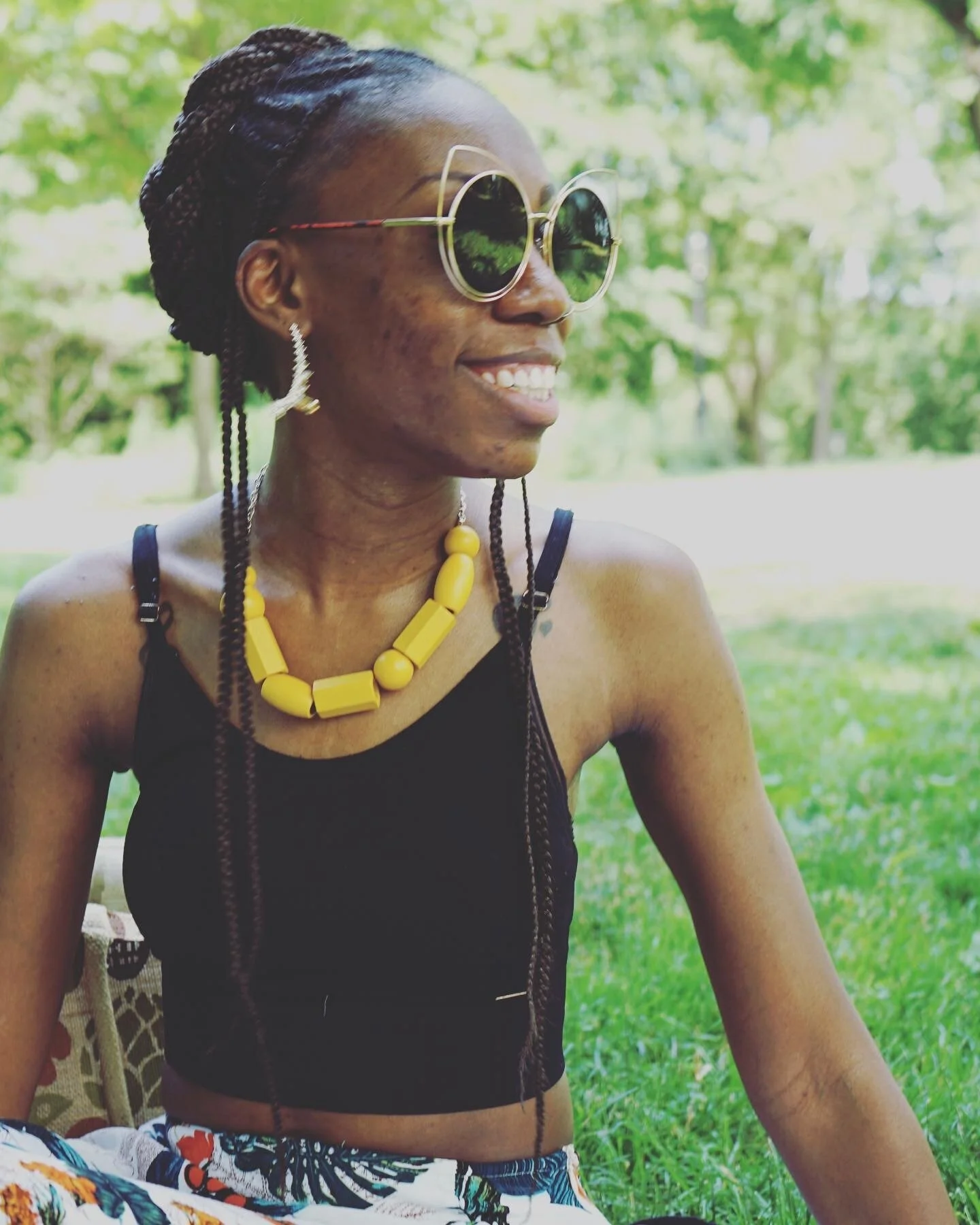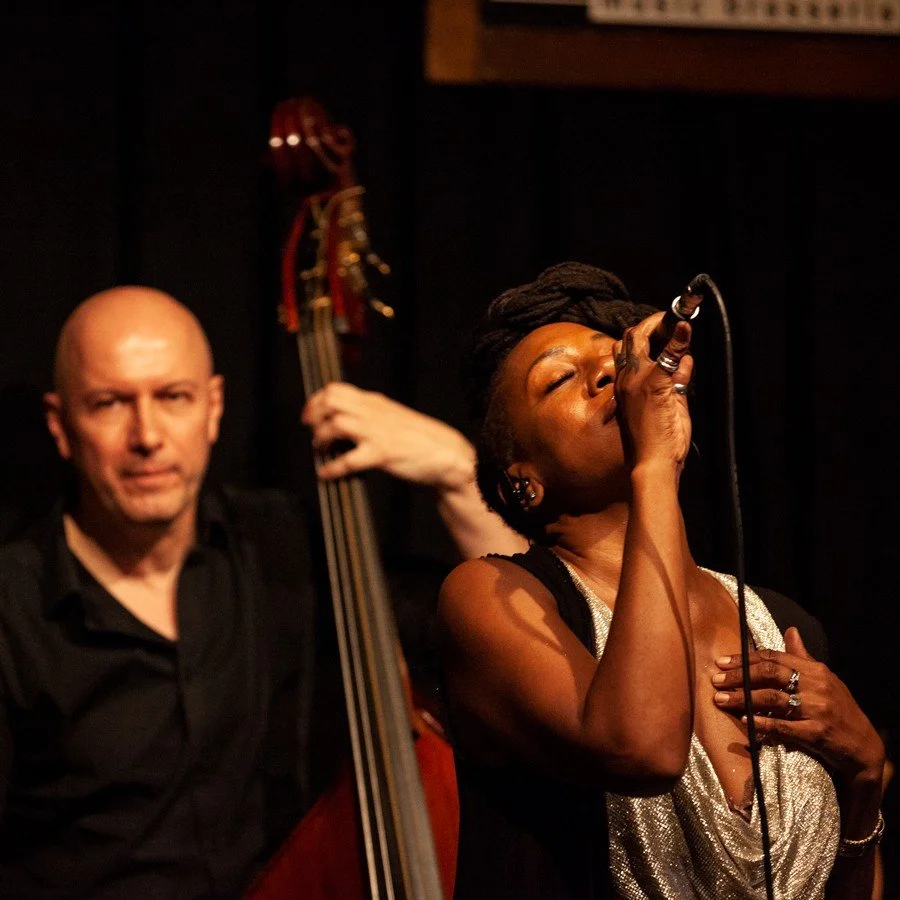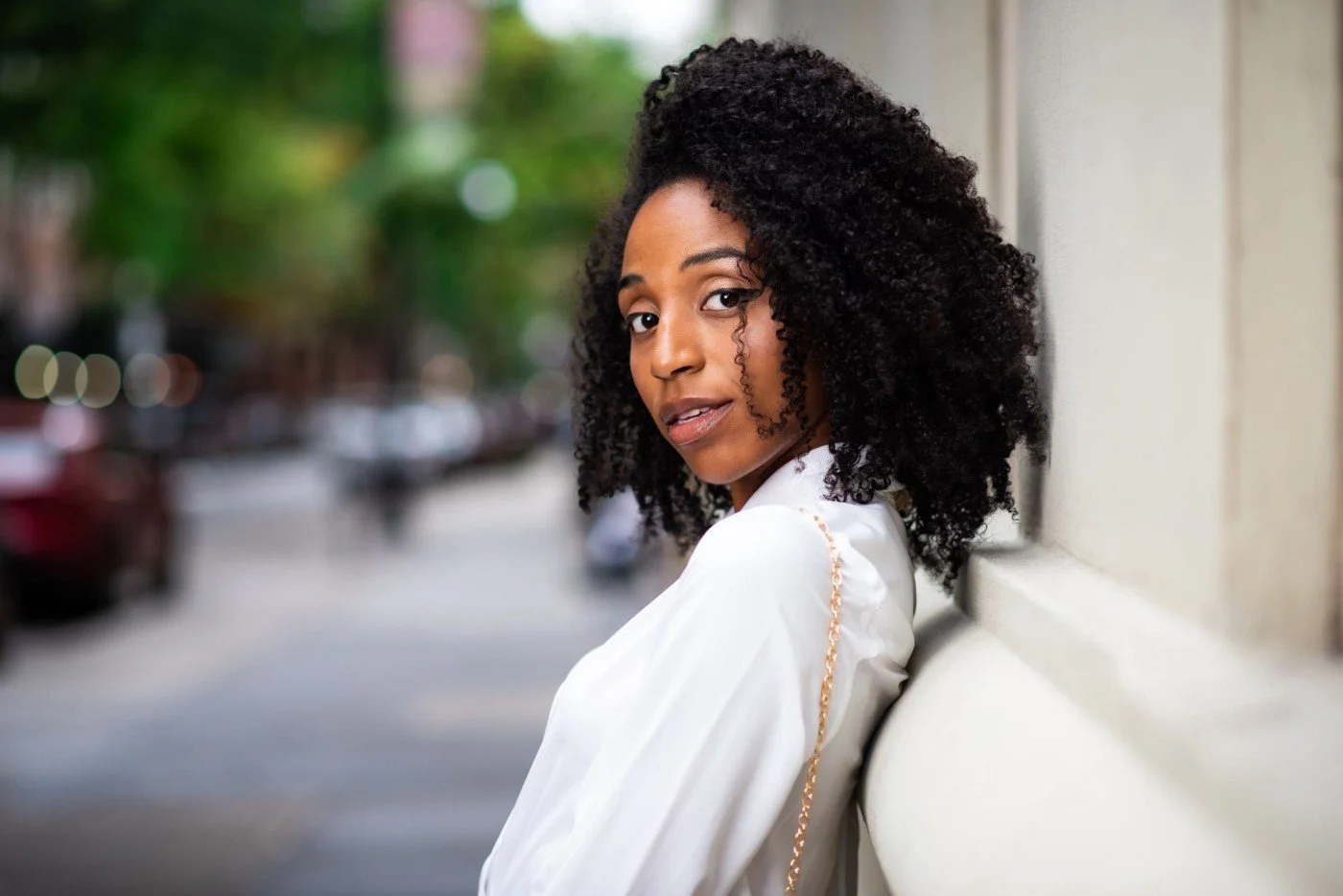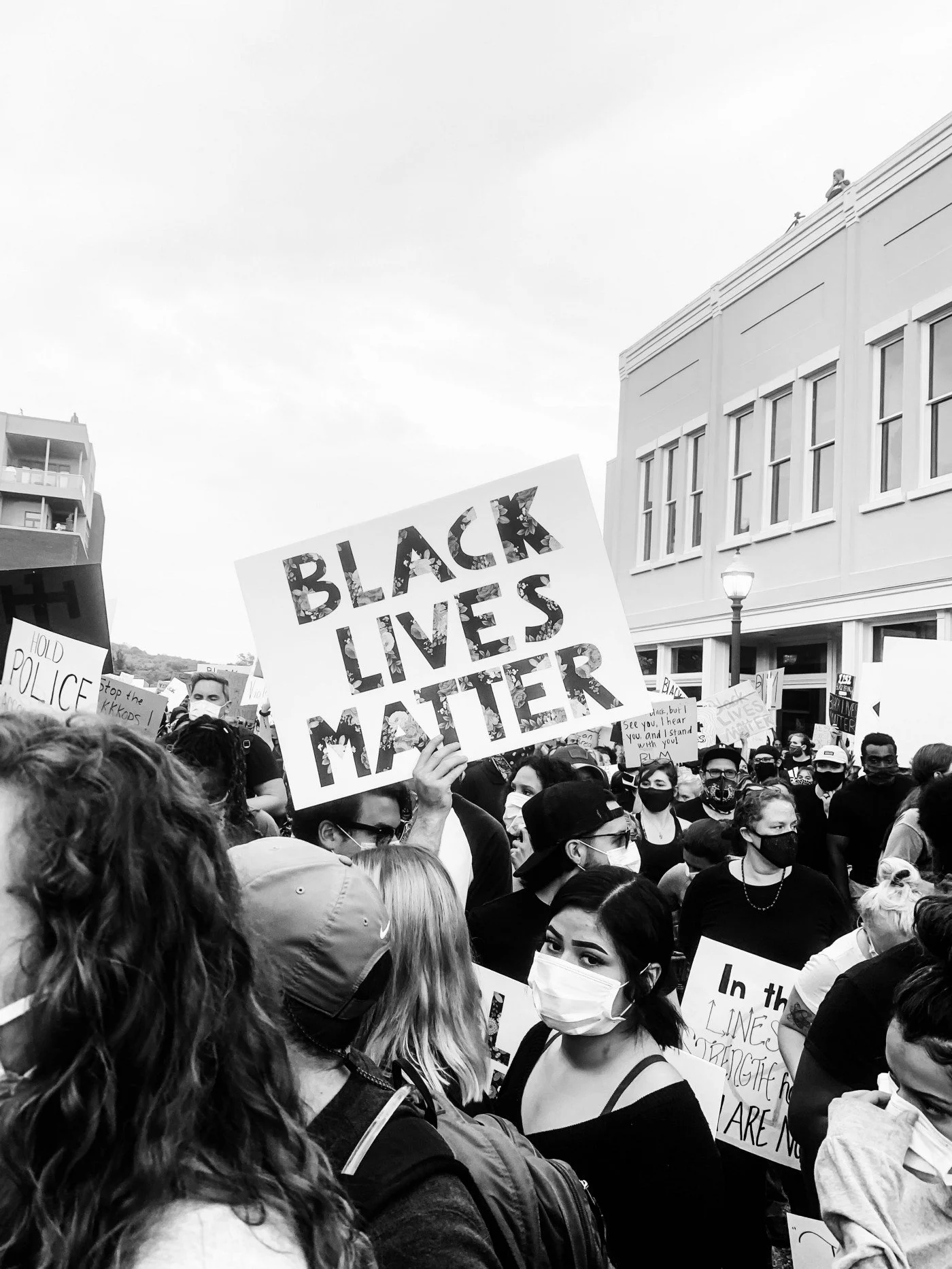What Happy Thoughts Can Do: as seen through episodes
when the beat drops on your favorite Beyoncé song
The first thing you and your best friend bonded over was Beyoncé. You are not a part of the Beyhive but found it funny to disagree about her choice in entertainment. When you first met in college, the only music she played was Baltimore Club Music, DC Go Go, and, of course, Beyoncé. And no matter how annoying, you let her play the self-entitled album for two weeks straight in your shared dorm room. The room was less than 400 square feet and the walls were so thin everyone that lived in the hall could hear it, too.
One Friday night during final exam week—day 10 of her blasting the album—she begins to twerk, as usual, and asks you to dance with her.
“Oh, I don’t twerk,” you respond because it’s true, and you wish she would finish the album so you can get back to studying.
“That’s okay, Nee. Just have fun,” your best friend smiles as the chorus to “Drunk in Love” begins. You roll your eyes, she’s so stubborn. You rise from your desk, close your laptop, and slowly walk to the middle of the room with the hideous, orange carpet. You arch your back and poke your booty out as you and your best friend belt out: “We be all night!” in the mirror.
“It’s all in the feet, you have to stay on your toes,” she coaches. You stumble over the carpet and bump into the fridge twice before realizing how bad you really are at this. Your best friend laughs as you awkwardly keep with the beat and you laugh at yourself because you have never looked this stupid before.
You never learn how to twerk that day. But you learn that being in the moment is worth it.
the satisfaction you feel when you get your edges just right
For as long as you can remember, your hair has felt like something to be at war with. You’ve been trained to cover, restrain, and hate it. As if your unruly ends deserved destruction. It hadn’t happened until you were 19, grown enough to decipher truth from lies, that you fully understood - Your hair, in its most natural state, wasn’t something to tame or train or tuck underneath satin hats or bonnet wraps. It was a beautiful, outward reflection of your inner being, a piece of your heritage your mother and sisters never wanted to acknowledge. You wondered, for years, why your mother hated to see natural hair in its natural glory. You wondered if she had picked up that particular disgust from someone else. However she came to her conclusions, you were taught early on, that your hair was a problem. And thus, you were a problem.
Until the moment you did the big chop, trading creamy-crack for Shea butter. Once you cut your premier form of supremacy off, it was downhill. Your mother was disgusted for the same reasons you adored it—the curly ends that got stuck in the corners of the bathroom floor after wash day, the combs that would break after one use, how your hair drank coconut and olive oils, the amount of money you spent on hair care products, the way the roots would shrink up when wet.
But even with all the heat from your loved ones, what you loved most about your natural hair is how you can shape your edges. Laying edges could be an Olympic competition with the way some people master the skill. Edge control is necessary. Absolutely necessary. Without it, the edges of your hair puff up like Cheetos and you question if your afro can get any larger. The sweet moment when you bend the baby hairs just above your eyebrows and almost to the base of your forehead, your whole body shakes.
You make sure to wet your brush with water and oil first before dipping it into Eco-styler gel. You do the first swoop in a half S motion and double back on the swoop with Gorilla Snot from your dresser drawer. You repeat the method thrice on both sides of your head and pat down the edges with a satin Durag until dry.
Ten to fifteen minutes later, you unravel the masterpiece in front of your bathroom mirror and instantly know what perfection feels like. You forget about your mother’s contagious hatred that made you hate your hair for years. A hatred, and white beauty standard, you learned from your mother but was planted in the minds of your ancestors. Glancing at your creation in the mirror, you briefly smile a smile no one can take away and accept this as a happy enough thought for the day.
protest
Wash day is a sacred practice naturalistas treat as Sabbath. No matter how long it takes, how tired you are by the end of it, or how much your hair objects. You’re wiser and have learned the ins and outs of a wash day routine—which often turns into a wash weekend.You know the truth about your hair and its beauty.
You love the way your ends curl when wet. It isn’t the nappy hair some Black people hate to see, it’s a protest.
You begin with aloe vera pre-poo the night before since your scalp has been deprived of moisture. You sleep with two plastic caps and a silk bonnet to avoid leakage. When you awake, your bonnet is crumbled somewhere between your comforter and bed sheet, but your plastic caps stay in place. You use a combination of apple cider vinegar, honey, and pure castile soap as shampoo. You consider bottling this stuff up and selling it as a side hustle, but you’d rather perfect the recipe first.
After you shampoo, you condition— a process that takes two days. From Shea Moisture products and African black soap, you detangle your hair—root to end—with your fingers. You rinse your hair and go straight to the bathroom mirror to look at the ends. Before adding the curl enhancing deep conditioning smoothie—for an overnight condition—you admire the ends of your 4c curl pattern.When you look in the mirror you stare and begin to twirl the ends with your index finger and thumb. You smile a toothy smile because you know your natural hair is necessary.
payday
Payday is like the calm before the storm.You endure a long week of parent phone calls, written referrals, and professional development. The life of a full-time teacher is not glamorous. And your paycheck proves it. You will remind yourself frequently: you don’t teach for the money; you teach for the kids. And most days, this affirmation is enough. Until it isn’t. On those days, you wish you were appreciated a bit more through some kind of acknowledgment or compensation. On a week when the money isn’t hitting right, you have a student who complains about her grades. You tell her the grades she received are the ones she deserved. She responds that she is an honor student; that does not make any difference. You know virtual learning is tough on everyone. You will make endless suggestions for her to retake English 10 next year, when in-class learning is more certain. But she doesn’t take the hint. Her mother calls you. You tell mom the same. Her mom calls the school. The assistant principal tells her the same. You receive your direct deposit while sleeping. You wake with a new reason to be happy. At least your bills are paid on time.
prayer
Most days, prayer comes as easy as breathing; until you forget. You tackle all the nasty head on because that is expected when you are Black and female. Your father forgets your birthday— again—but you’ve stopped expecting any recognition from him a long time ago. Your co-worker complains that you haven’t spent enough time helping come up with project ideas for the students. Your “best fran” Facetimes you about another friend who is jealous of your relationship. Your nails are becoming weak and your hair is so dry that it breaks off at the ends.
But you have had a constant sense of unease for what seems like forever. You have not dealt properly with the changes around the ways you work, learn, and play. Meeting, party, or concert: Zoom-anything will never be normal. When the calendar changes to a brand-new year, life feels anything but brand new. You hit a wall that feels like a low cloud murking your days with fog. You think: I don’t want to do this anymore. And you know what it is. Life be lifin’.
This is not like you, so you take advantage of the free counseling sessions offered by your job. You try your best to explain what you’ve been feeling about life. She listens closely, says depression is usually anger turned inward. You wonder what you are still angry about? You consider all the nasty: your father and the bouts of anger whenever he’s around and absent, the battle with your chronic skin disease, how long it’s been since you’ve seen your favorite student or even talked to her. Or the last time you laughed while watching Netflix or watched TV at all. Or the last time you’ve felt the sun on your melanin.
And through the pain and frustration and confusion, an epiphany arises: pray. Unload in prayer what has lived in your bones since the beginning of quarantine. You know God to be all the things you’ve heard church mothers call him. You know he sees, hears, and understands. But tarrying all night and speaking in unknown tongues was never your practice. But today, you desperately want to say these things to God—and you do. In that honest prayer, you feel a sense of relief from the weight you’ve been shouldering alone. And even though life has not changed one bit, you find happiness in knowing you’re not alone.
being silent
Being silent offers the kind of solace only monks and butterflies are privy to. The noise of your day-to-day forces you to crave silence in ugly places: the bathroom, your tiny Ford Focus, and the mustard-colored carpet of your bedroom floor. The world will never turn off, so you settle for it turning down. You sacrificed the morning reel of rising COVID cases for the sound of your coffee pot brewing Starbucks French Roast. You find the strength to be silent when your nice, white friend questions you about the bad, Black man who was shot. Again. You detoxed from Karens on social media and anyone with too much audacity in the digital world.
You wondered what took you so long to become comfortable with the silence. You want to know yourself deeper, find yourself in the folds of the coffee beans wafting through the air, and bring yourself to the knowledge that to be still and quiet is to be happy and whole.
Shanisha Branch received her Master of Fine Arts in Creative Nonfiction at Old Dominion University in May 2021. Her poems “Ode to the Afro” and “How to Smile” were accepted into the Poetry on the Pavement contest where they were displayed on sidewalks throughout Norfolk, Virginia during Fall 2021. She resides in Portsmouth, VA where she teaches high school English; and writes a biweekly newsletter called The Honest Virgin where she discusses womanhood, agency, and sexuality. You can find her on Instagram & Twitter @thehonestvirginxo.
Photo: @starnes

